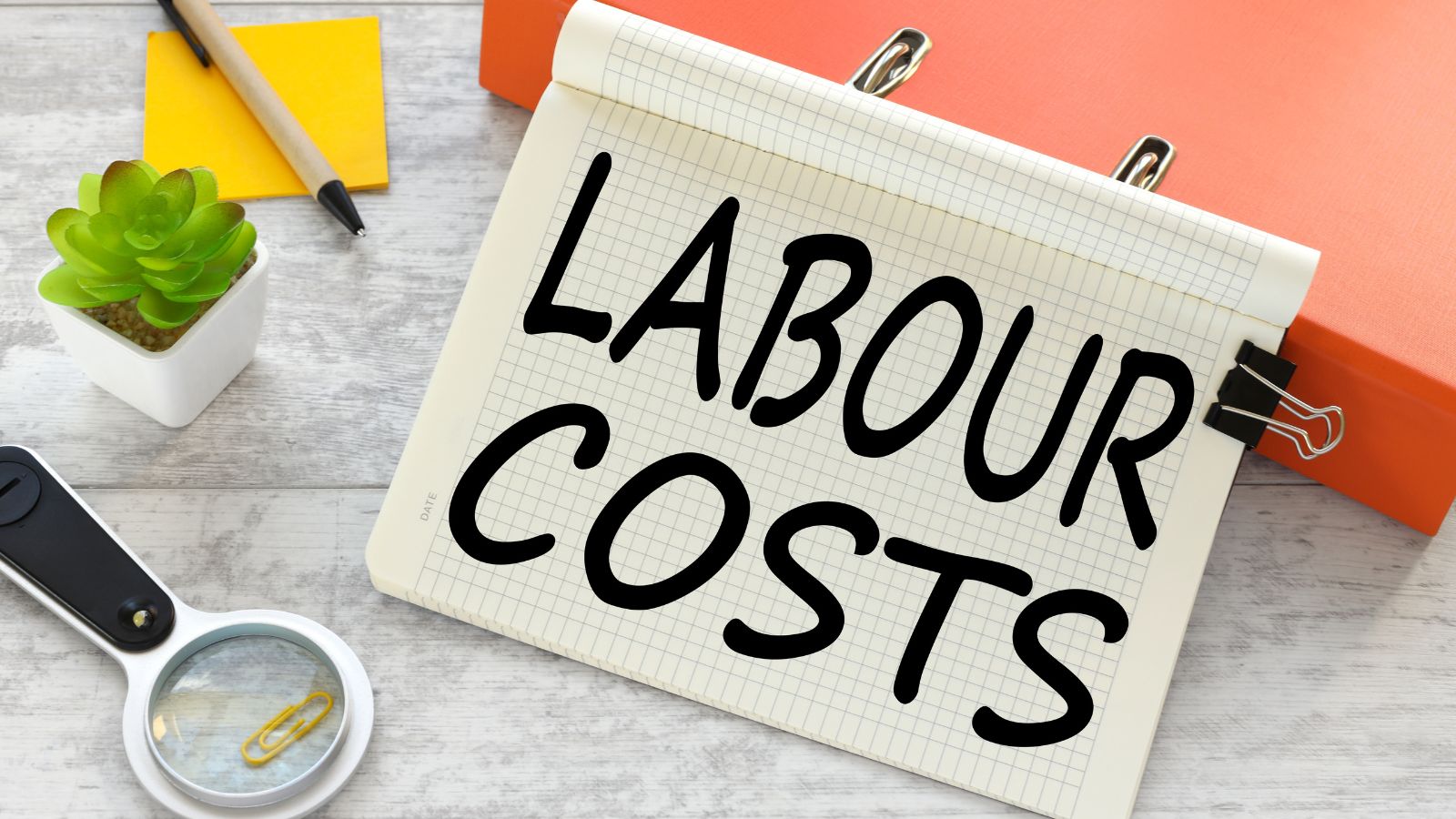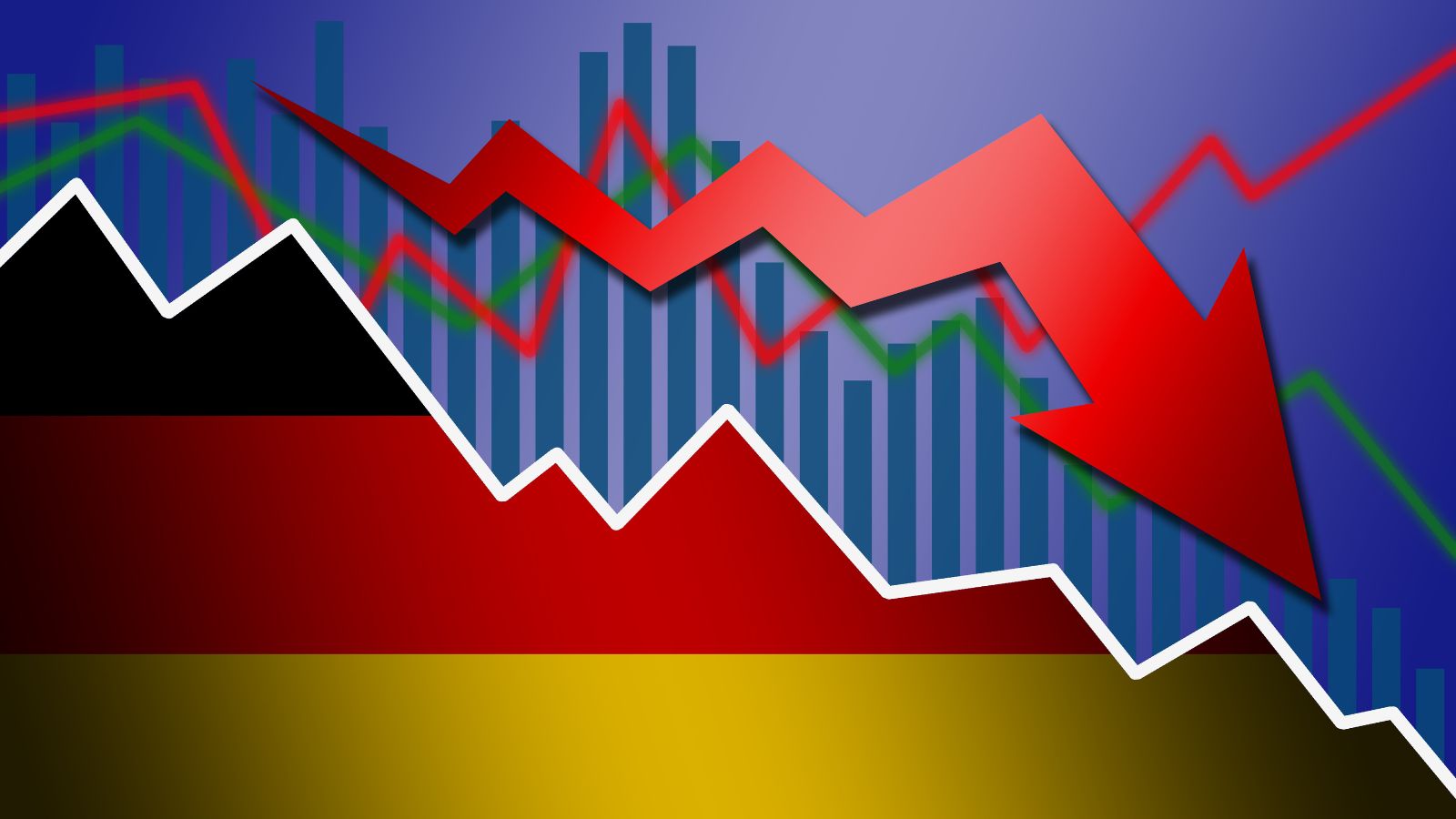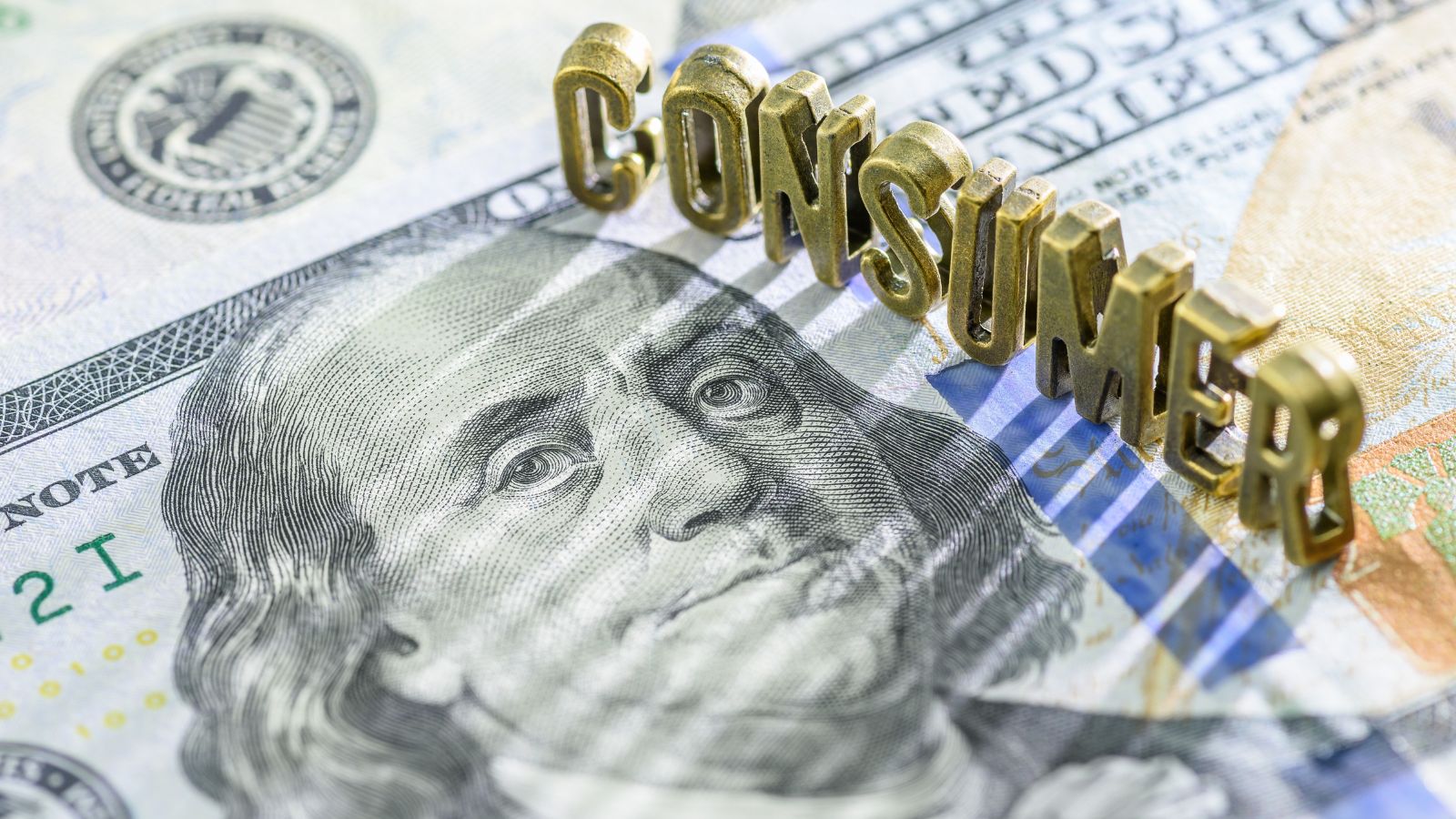Everyone understands that inflation is a broad economic issue, but small businesses most acutely feel its impact. The adaptability of these businesses in the face of ever-rising inflation, which increases the cost of materials, labor, and day-to-day operational requirements, is truly reassuring. Below are 20 eye-opening facts about how small businesses are silently but confidently adapting to the challenges of inflation.
Increase in the Cost of Raw Materials

One of the most apparent consequences of inflation on any organization or business is the increase in the cost of raw materials. With ongoing price hikes, small businesses are forced to either pass these costs on to consumers or absorb them, which reduces profit margins.
Higher Energy Prices

Energy costs, such as gas, electricity, and heating, are among the most common expenses that are increasing due to inflation. This significantly strains small businesses, as rising utility bills and transportation costs make it harder for them to stay profitable.
Increased Labor Costs

During inflationary periods, workers often demand higher wages to cope with the rising cost of living. This presents a unique challenge for small businesses, which frequently cannot match the wages offered by larger competitors. As a result, some businesses lose employees to larger firms or feel pressured to offer higher salaries, further tightening their financial situation.
Shrinking Profit Margins

Small businesses are facing a dilemma: they can raise prices to keep up with rising costs, which may result in fewer customers, or keep prices steady and struggle to maintain the same level of quality. Both options lead to shrinking gross profit margins, with many small businesses finding it more challenging to stay afloat in this increasingly competitive environment.
Rising Interest Rates

In an attempt to combat inflation, central banks often raise interest rates to slow down the economy. While this may help control inflation, it also makes borrowing more expensive for small businesses. When small companies need to finance expansion, purchase new equipment, or maintain inventory, higher interest rates make it difficult for them to access the funds they need at a manageable cost.
Increased Inventory Costs

As inflation rises, so do the costs of raw materials and other goods, which means that holding inventory becomes more expensive. Small businesses must spend a larger portion of their revenue on maintaining stock, which reduces overall profitability.
Supply Chain Disruptions

The adverse effects of inflation aren’t confined to the domestic market; they also extend to the global supply chain. Inflation in supplier countries has caused a trickle-down effect, leading to disruptions in supplies and shortages of essential goods.
Decreased Customer Spending

As the prices of goods and services rise across the board, consumers have less disposable income to spend on non-essential items. This shift in consumer behavior directly affects small businesses, particularly those that sell discretionary items like clothing or operate cafes and restaurants.
Increased Rents

Landlords, faced with rising property maintenance costs and inflationary pressures, are increasing rent charges. This adds another burden for small business owners who rely on physical commercial space.
Increased Competition Pressure from Large Businesses

Small businesses often struggle to compete with larger corporations, but inflation makes this even more difficult. Large businesses can negotiate better credit terms with suppliers and are better positioned to absorb increased production costs. On the other hand, small businesses face higher costs for extended periods, making it challenging to stay competitive with their larger counterparts.
Reduced Purchasing Power

Inflation erodes the purchasing power of both consumers and businesses. Small business owners find themselves paying more for services and materials, leaving them with fewer resources to allocate to other essential operations.
Delayed Payments from Customers

During inflationary periods, customers often delay payments. Small businesses may find themselves waiting longer for their clients to settle bills or for consumers to pay credit card balances. This stagnation in cash flow severely impacts small businesses, which rely on timely payments to manage their operations and stay afloat.
Increased Cost of Business Services

Inflation affects more than just material goods; it also drives up the cost of business services. Advertising, accounting, and legal services—essential for small businesses—become more expensive. These additional expenses reduce the amount of money that businesses can invest in growth and development, limiting their ability to expand or innovate.
Erosion of Cash Reserves

As inflation reduces the value of currency, cash reserves that once provided a financial cushion become less effective. What was once a strong asset may become considerably smaller, leaving small businesses more vulnerable to financial instability and downturns.
Rising Healthcare Costs

Rising healthcare costs add another financial strain for businesses that do not provide their employees with health benefits. Inflation affects the cost of healthcare services and insurance premiums, making it more expensive for small businesses to maintain employee benefits.
Difficulty in Passing Costs to Consumers

Large businesses often have the ability to raise prices without losing significant market share, but small businesses don’t have that same luxury. Customers of small businesses are more price-sensitive, meaning that small businesses may have to absorb increased costs rather than passing them on, further straining their finances.
Difficulty in Securing Investment

Investors tend to be more conservative during inflationary periods, making it difficult for small businesses, particularly startups, to secure funding. Investors are looking for safer returns, which can limit the opportunities for new businesses to grow or expand.
Unpredictable Market Conditions

Inflation introduces a level of uncertainty that makes it difficult for small businesses to plan for the future. Predicting future costs and revenues becomes a guessing game, complicating long-term decision-making and strategic planning.
Employee Retention Issues

As inflation pushes up the cost of living, employees may seek out higher-paying jobs elsewhere. This results in higher turnover rates, with small businesses facing the costs of recruiting, training, and retaining new employees.
Risk of Closure

Ultimately, inflation can lead to the closure of small businesses, especially those operating on thin margins. As consumers tighten their belts, small businesses may see a drop in sales that they simply cannot recover from.
Conclusion

Inflation isn’t just an economic phenomenon—it’s a persistent challenge that threatens the survival of small businesses. From rising production costs to shrinking profit margins, inflation creates a ripple effect that can sink even the most resilient enterprises. Understanding how inflation affects small businesses is crucial for creating strategies that support their survival and success in challenging economic times.
18 Reasons Why People Are Leaving Florida in Masses

Exploring factors that impact the desirability of living in Florida, this list delves into various challenges shaping residents’ experiences. From environmental concerns like rising sea levels to economic factors such as fluctuating job markets, these issues collectively contribute to a nuanced understanding of the state’s appeal.
18 Reasons Why People Are Leaving Florida in Masses
